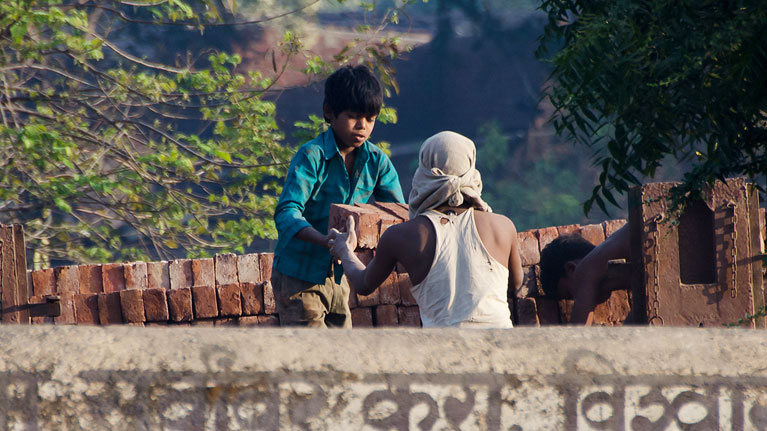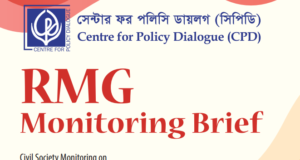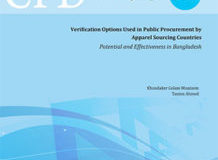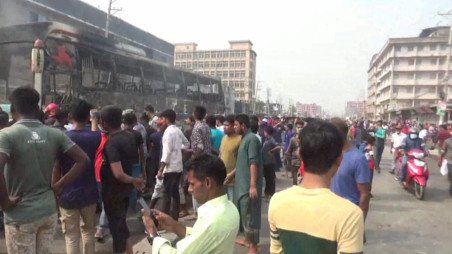Published on the ILO website on 13, June 2017
On 13 June 2017, the Government of India deposited with the International Labour Office the instruments of ratification of the two fundamental ILO Conventions concerning the elimination of child labour, the Minimum Age Convention, 1973 (No. 138) and the Worst Forms of Child Labour Convention, 1999 (No. 182)
ndia is the 170th ILO member State to ratify Convention No.138, which requires States party to set a minimum age under which no one shall be admitted to employment or work in any occupation, except for light work and artistic performances.
The second most populous country in the world is the 181st member State to ratify Convention No. 182. The latter calls for the prohibition and elimination of the worst forms of child labour, including slavery, forced labour and trafficking; the use of children in armed conflict; the use of a child for prostitution, pornography and in illicit activities (such as drug trafficking); and hazardous work.
India’s Minister of Labour, Mr. Bandaru Dattatreya, said that ratification of the two ILO Conventions reaffirmed his country’s “commitment to a child labour free society”.
He mentioned a series of measures in this regard, including the amendment to the Child Labour (Prohibition and Regulation) Act, 1986 , which came into effect on 1st September 2016. This amendment now completely prohibits employment or work of children below 14 years in any occupation or process and also prohibits the employment of adolescents (14 to 18 years) in hazardous occupations and processes.
In addition, the Child Labour (Prohibition and Regulation) Central Rules, as recently amended, for the first time provide for a broad and specific framework for the prevention, prohibition, rescue and rehabilitation of child and adolescent workers.
Another prominent measure taken recently to meet the objective of a child labour free society is the strengthening of the National Child Labour project, which is a rehabilitative scheme providing bridge education and vocational training to adolescents.
“The momentum of the recent initiatives taken to eradicate child labour has to be maintained as elimination of child labour is also crucial for the attainment of Sustainable Development Goals by 2030 ,” he concluded.
ILO Director-General Guy Ryder welcomed India among the member States party to the two fundamental Conventions. “We all recognize the great progress India has made against child labour in recent years and the major role played by its convergence model of coherence between public policies and services, which was strongly supported by the ILO. Today, India’s ratifications of Conventions 138 and 182 solidifies further – in treaty obligations – that commitment to the global fight against the scourge of child labour in all its forms. They also represent a positive step on the country’s path towards full respect for fundamental rights at work.”
India’s ratification confirms the status of Convention No. 182 as the most rapidly ratified ILO Convention.
“Universal ratification is within reach: as of today, only six member States remain to ratify this fundamental Convention. This reflects the overwhelming global consensus, as re-affirmed by the adoption of the sustainable development goals, and more particularly Goal 8-Target 8.7 (Sustainable Development Goal 8: Promote Inclusive and Sustainable Economic Growth, Employment and Decent Work For All), which aims at the complete eradication of child labour by 2025 and calls for immediate action to prohibit and eliminate its worst forms,” the head of the ILO said.
 CPD RMG Study Stitching a better future for Bangladesh
CPD RMG Study Stitching a better future for Bangladesh




